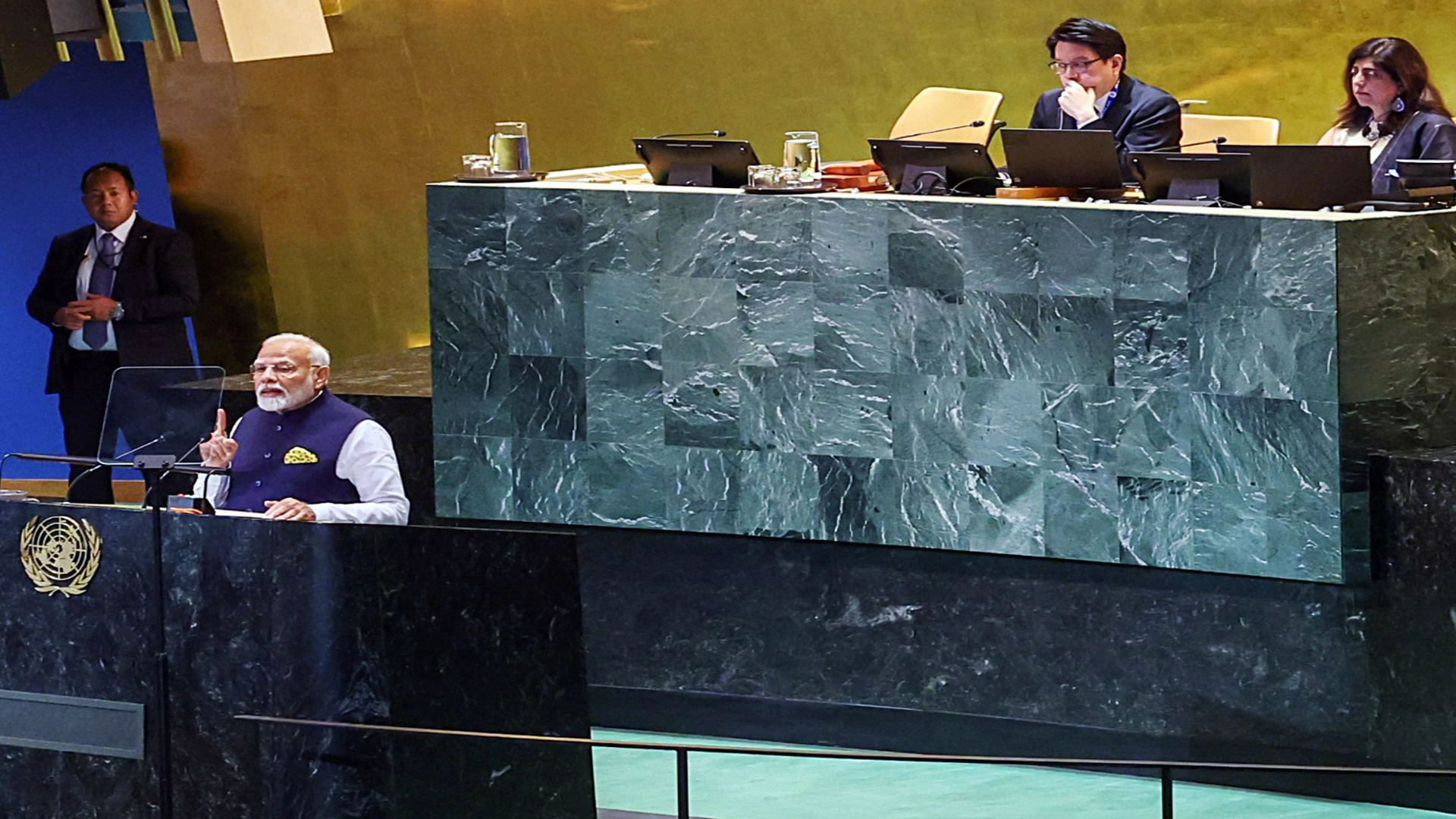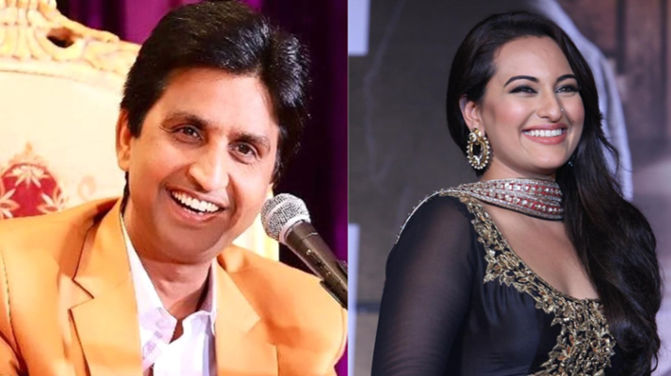At the UN “Summit of the Future,” Prime Minister Modi emphasized the need for reforms in global institutions such as the United Nations to ensure they remain relevant in addressing today’s challenges. He called for changes that make these institutions more inclusive and representative, citing the inclusion of the African Union in the G20 as a key example. Modi also pushed for reforms in digital governance, emphasizing the need for balanced regulations that ensure national sovereignty while fostering international collaboration on technology and cyber security.
He emphasized that the path to humanity’s success lies not on the battlefield but in unity and reform. Addressing leaders from around the world, Modi stressed that pressing global challenges—from terrorism to cyber and space conflicts—require an urgent overhaul of global institutions to remain relevant in the evolving geopolitical landscape.
Key Themes: Reform and Inclusivity
Modi’s speech resonated with calls for reforms in key global organizations, reflecting India’s position as a leader in advocating for inclusivity and equity in decision-making platforms. The Indian Prime Minister highlighted how the recent inclusion of the African Union in the G20, a move initiated at the G20 Summit in New Delhi, was a step toward making global governance more representative. “Reform is the key to relevance!” he declared, reinforcing the need for organizations like the United Nations to adapt to the realities of today’s multipolar world.
A major focal point was India’s role in reducing poverty, with Modi proudly pointing out that India had successfully lifted 250 million people out of poverty. “We have demonstrated that Sustainable Development can be Successful,” Modi said, offering India’s model as a blueprint for other nations, particularly in the Global South. His advocacy for a human-centered approach to development stressed the importance of reforms that place welfare, food, and health security at the forefront of global policy-making.
Technological Advancements and Digital Infrastructure
In an era marked by rapid technological advancements, Modi highlighted the critical need for balanced regulation in emerging sectors like digital public infrastructure (DPI), artificial intelligence (AI), and space. He articulated a vision for global digital governance, asserting that digital infrastructure should act as a bridge, not a barrier. “For global good, India is ready to share its DPI,” Modi affirmed, offering India’s technological expertise as a resource for the international community.
This push for a balanced and inclusive global digital ecosystem came amid growing concerns about data sovereignty and the misuse of technology. Modi’s remarks underscored the fine line between promoting innovation and safeguarding national integrity. He also touched upon the emerging conflicts in cyber and maritime domains, calling for international cooperation to mitigate these threats.
Also read: PM Modi Meets Palestinian President Abbas, Voices Concern Over Gaza Crisis
Global Peace and the Role of Diplomacy
One of the most poignant moments in the speech was Modi’s reference to the Russia-Ukraine war, without explicitly naming it. By stating that “success of humanity lies in our collective strength, not in the battlefield,” Modi implicitly critiqued the current global approach to resolving conflicts. This message of peace was in line with India’s broader foreign policy stance, which advocates for diplomacy and dialogue over warfare.
Further, Modi’s commitment to global peace was demonstrated in his meeting with Palestinian President Mahmoud Abbas, where he reaffirmed India’s long-standing support for the Palestinian people. Modi expressed his deep concern for the humanitarian crisis in Gaza, emphasizing India’s role as a global mediator in regional conflicts.
One Earth, One Family, One Future: A Vision for Sustainability
Modi’s address also linked global peace and prosperity to environmental sustainability, advocating for a future built on the principles of “One Earth, One Family, One Future.” This commitment, which reflects India’s climate leadership, was evident in the various initiatives Modi cited, including “One Sun, One World, One Grid,” a renewable energy project aimed at creating a global solar grid. These initiatives align with India’s broader push for climate action, particularly in the context of the Global South, which is disproportionately affected by climate change.
The speech emphasized that India will continue to advocate for sustainable development, particularly in areas like renewable energy, health security, and food production, ensuring that the world’s most vulnerable populations are not left behind in the global transition to a green economy.
Geopolitical Implications and India’s Rising Global Influence
Modi’s speech marked India’s growing influence on the world stage, positioning the country as a major player in shaping global policy, especially in areas of reform, technology, and sustainability. As the world’s most populous democracy, India has positioned itself as a leader in addressing the shared challenges of the future. Modi’s address also served to cement India’s role as a representative of the Global South, offering solutions that are deeply rooted in inclusive growth and equity.
The speech also reflects India’s broader geopolitical strategy of maintaining strong ties with the West while continuing to champion the causes of developing nations. This dual approach enhances India’s global standing, particularly as it seeks to balance relationships with global powers like the U.S. and Russia while advocating for multilateralism and collective action.







